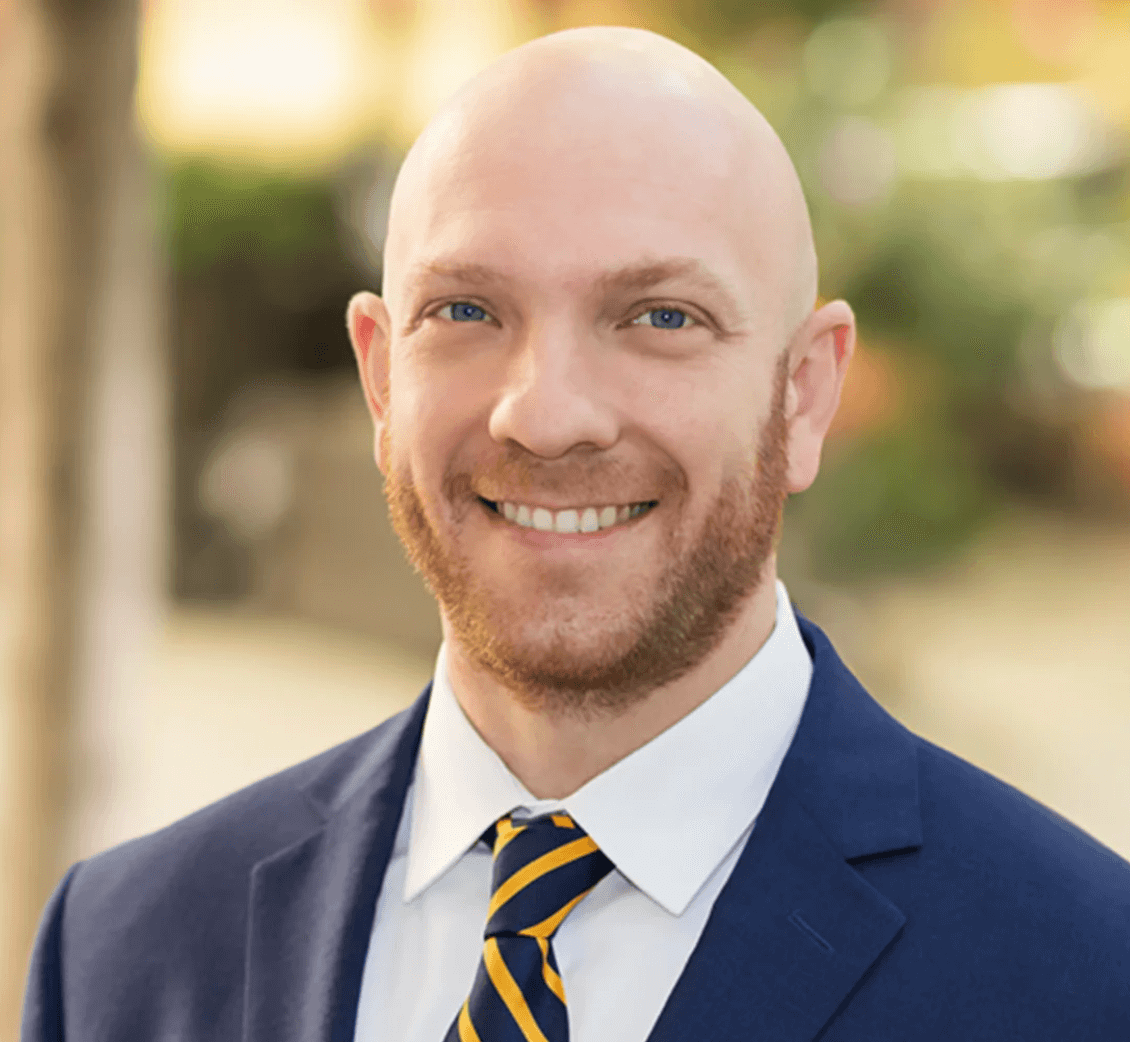Operationalizing AI in Orthopaedic Practice: Governance, Integration, and Future Clinical Applications
Join Us Virtually
Operationalizing AI in Orthopaedic Practice: Governance, Integration, and Future Clinical Applications
Wednesday, October 1, 2025
1:00 - 2:00 pm ET
Cost:
Members - Free
Non-Members - $50
You must be logged in as an active member to receive the discounted ticket price
This panel examines the responsible use of AI in orthopedic clinics and ASCs with emphasis on governance, procurement, and practical value-based implementation. Faculty will review privacy and security requirements (HIPAA/BAA, data minimization/retention, auditability, human-in-the-loop oversight, model monitoring and drift), emerging policies, and outline a procurement framework for orthopedic practices, including due-diligence criteria (SOC 2/ISO controls, PHI handling, EHR/FHIR connectivity, data-use terms, service levels, total cost of ownership). A concise market map will situate major categories—ambient documentation, patient messaging & PROMs, scheduling and ASC coordination, revenue cycle/prior auth, and analytics—alongside an evidence-informed discussion of current capabilities and limitations of large language models. The session will highlight evaluation methods, live demonstrations of use cases, governance, and ROI measures.
Hosted by the Department of Orthopaedic Surgery, Duke University School of Medicine. Educational content only
Learning Objectives
- Describe governance requirements for AI use in orthopaedic practice, including PHI protection, BAAs, data retention, human oversight, and model monitoring/drift management.
- Apply a vendor due-diligence and procurement checklist (security attestations, audit logs, EHR/FHIR integration, data-use/ownership terms, support model, and TCO).
- Differentiate high-yield clinical and operational use cases (e.g., ambient scribe, inbox management, PROMs, scheduling/ASC coordination, ambient documentation) and the current limits of LLM-based tools.
- Select appropriate evaluation and ROI measures (documentation time, throughput, no-show rate, call handling, prior-auth time, PROM completion) and incorporate equity/safety considerations (bias, hallucination, data leakage) into ongoing oversight.
- Understand the promise and shortcomings of generative AI today, what is possible, what isn’t and what the future holds.
Hosted by the Department of Orthopaedic Surgery at Duke University School of Medicine
Register Now!
For more information, contact info@aaoe.net.
Due to AAOE policies, AI Bots are not allowed in webinars, and AAOE staff will remove them.
Registration Options
|
Registration Options
|
Price |
|---|---|
|
Non-Member Registration
|
$50.00 |
|
Member Registration
|
FREE |
Product Add-ons
| Add-ons | Price |
|---|---|
| Webinar Enhancements View Product | $29.00 |

Paul Bruning, DHA
Division Administrator, Department of Orthopaedics at Duke University
Dr. Bruning is the Division Administrative Director for Sports Medicine, Hand, and the Sports Sciences Institute, Department of Orthopedics, Duke University School of Medicine. He has been within the orthopedic field for over 35 years. Dr. Bruning has served on the Board of Directors for the AAOE, ATPPS, BONES of Florida, and been the Advocacy Council Chair for AAOE.

Christian Pean, MD
Executive Director of Artificial Intelligence & IT Innovation, Department of Orthopedic Surgery at Duke University
Dr. Christian Pean is a board-certified orthopedic trauma and reconstruction surgeon at Duke University School of Medicine, where he serves as Executive Director of Artificial Intelligence & IT Innovation in the Department of Orthopedic Surgery. He is also core faculty at the Duke-Margolis Institute for Health Policy.
As CEO and Co-Founder of RevelAi Health, Dr. Pean leads the development of AI-powered care orchestration platforms that improve musculoskeletal care delivery, streamline operations, and support value-based payment models. His work integrates large language models, agentic AI systems, and predictive analytics into clinical workflows to enhance patient engagement, care coordination, and quality reporting.
Dr. Pean’s academic and entrepreneurial efforts focus on using technology to make high-quality musculoskeletal care more consistent, efficient, and accessible across patient populations. He has published and presented nationally on AI in healthcare, population health, orthopedic trauma, and practice transformation, contributing to both clinical innovation and policy design.

Michael Pencina, PhD
Professor of Biostatistics and Bioinformatics, Duke University
Michael J. Pencina, PhD, is Duke Health's chief data scientist and serves as vice dean for data science, director of Duke AI Health, and professor of biostatistics and bioinformatics at the Duke University School of Medicine. His work bridges fields of data science, health care, and AI, and contributes to Duke’s national leadership in responsible health AI. He partners with leaders to develop data science strategies for Duke Health that span and connect academic research and clinical care. Dr. Pencina is an internationally recognized authority in the evaluation of AI algorithms. He co-founded and co-leads the national Coalition for Health AI (CHAI), a multi-stakeholder effort whose mission is to develop best practices to drive high-quality health care by promoting implementation of innovative, credible, and transparent health AI systems. He serves in a leadership capacity for the Trustworthy & Responsible AI Network (TRAIN), an organization Duke co-founded with leading health care and technology organizations to develop tools and technologies that promote adoption of high-quality, novel and safe health AI solutions for patient care and research. Thomson Reuters/Clarivate Analytics acknowledges Dr. Pencina as one of the world’s "highly cited researchers" in clinical medicine and social sciences, with over 450 publications cited 150,000 times.

Travis Zack, MD, PhD
Chief Medical Officer, OpenEvidence; Assistant Adjunct Professor, UCSF
Dr. Travis Zack is Chief Medical Officer at OpenEvidence and an Assistant Adjunct Professor at UCSF. His research lies at the intersection of computational biology, clinical medicine, and artificial intelligence. Travis received his PhD in Biophysics from Harvard and an MD in the Health Sciences and Technology track at MIT and Harvard Medical School. Dr. Zack has dedicated his career to using data-driven approaches to address pressing challenges in medicine. His lab focuses on developing AI models to support clinical decision-making and enhance patient outcomes, including machine learning–based tools for real-world evidence studies and natural language processing methods to extract valuable insights from electronic health records. In his role at OpenEvidence, he oversees design, production, evaluation, and quality for all our existing and future tools for bringing evidence-based practice to every clinical decision.
